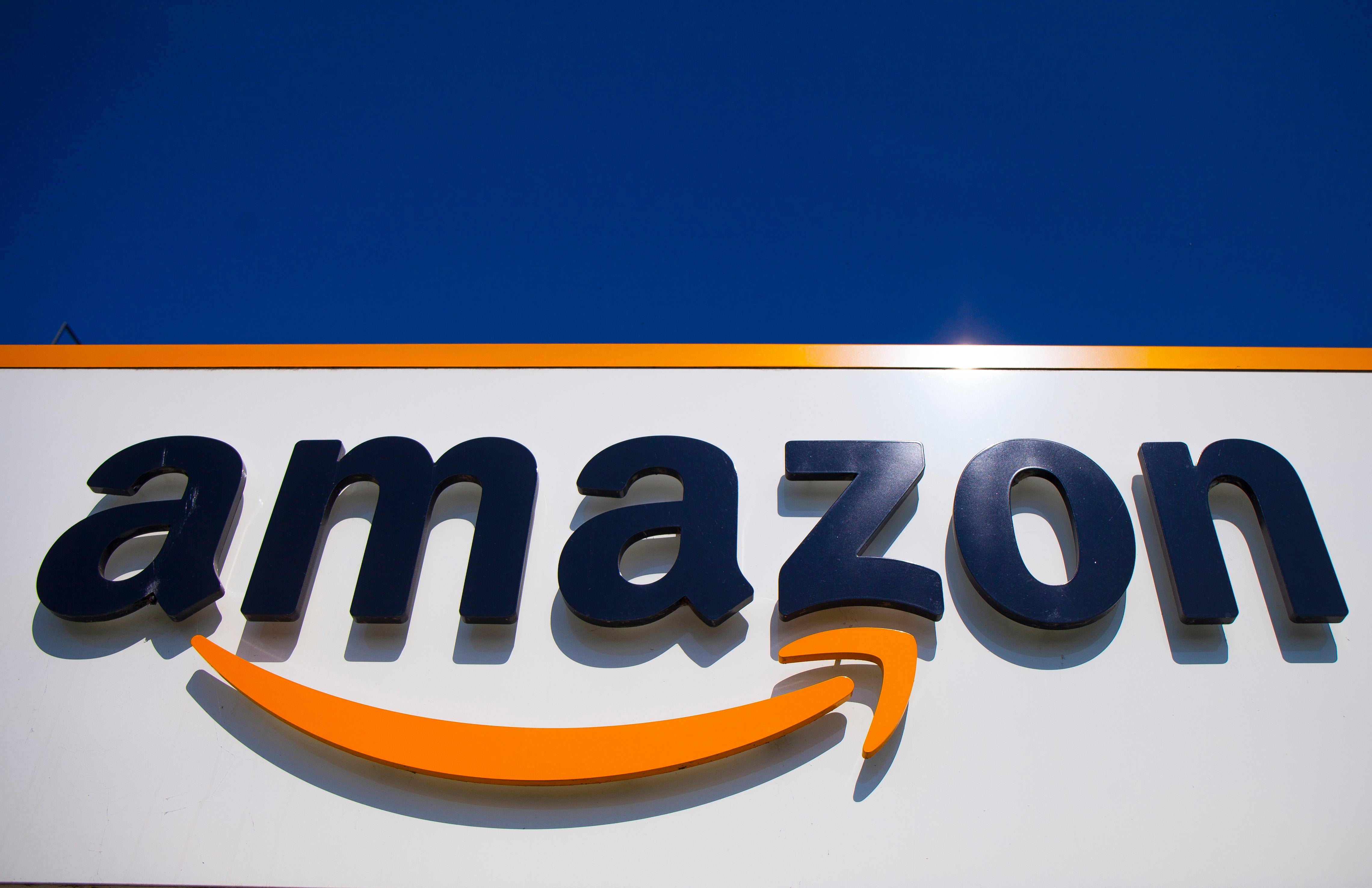Your support helps us to tell the story
From reproductive rights to climate change to Big Tech, The Independent is on the ground when the story is developing. Whether it's investigating the financials of Elon Musk's pro-Trump PAC or producing our latest documentary, 'The A Word', which shines a light on the American women fighting for reproductive rights, we know how important it is to parse out the facts from the messaging.
At such a critical moment in US history, we need reporters on the ground. Your donation allows us to keep sending journalists to speak to both sides of the story.
The Independent is trusted by Americans across the entire political spectrum. And unlike many other quality news outlets, we choose not to lock Americans out of our reporting and analysis with paywalls. We believe quality journalism should be available to everyone, paid for by those who can afford it.
Your support makes all the difference.Labour is to force a vote in parliament on introducing a minimum global rate of tax on corporations to stop multinationals undercutting high street businesses.
US president Joe Biden is pushing for the policy at the OECD and G7 levels but the UK government last week publicly signalled it was not on board.
Britain is the only country in the G7 to openly stand against the plan, with Germany, France, Canada, Italy and Japan backing Mr Biden’s proposal.
Many large corporations pay very low effective rates of tax and Mr Biden had originally suggested that they should pay a minimum of 21 per cent.
His treasury secretary Janet Yellen has since said 15 per cent would be a "starting point" before pushing for higher rates.
But the UK government has been unenthusiastic about the idea and says the focus should instead be on making sure profits are paid in the country where revenue is collected rather than focusing on a minimum rate.
They say Mr Biden's plan would see tech giants simply pay higher taxes “in California when it ought to be paid in the UK”.
But campaigners at the Tax Justice Network say the policy change, while not perfect, would bring an £13.5bn a year in extra tax to the UK exchequer.
The UK has already separately introduced its own digital sales tax, which the Treasury estimates will raise around £500m a year from big US tech companies by financial year 2024-25.
Rishi Sunak is expected to lead discussions with finance ministers at the G7 next month when the UK hosts the international meeting in Cornwall.
Ahead of the meeting, Labour has tabled an amendment to the government's finance bill on the policy, with the proposal to be voted on on Monday.
“The Conservatives have a choice: they can join Labour in tackling large-scale tax avoidance or they can allow billions of pounds to leave Britain," said Rachel Reeves, Labour’s shadow chancellor.
“This global pact will bring in extra tax benefitting Britain, while stopping huge multinationals and online giants from undercutting our businesses.
“By making sure they pay their fair share in Britain, we can level the playing field for our brilliant businesses, and build an economic recovery with thriving industries, strong public services and good, secure jobs for all.”
A Treasury spokesperson said: “The UK has been proactive in pressing for an international solution to the tax challenges posed by digitalisation of the economy for a number of years. And the chancellor has made it a key priority of the UK’s G7 presidency.
“We welcome the US administration's renewed commitment to reaching a solution to these challenges through the OECD. It’s also crucial that any agreement includes changes to ensure digital businesses pay tax in the UK that reflects their economic activities.”

Join our commenting forum
Join thought-provoking conversations, follow other Independent readers and see their replies
Comments